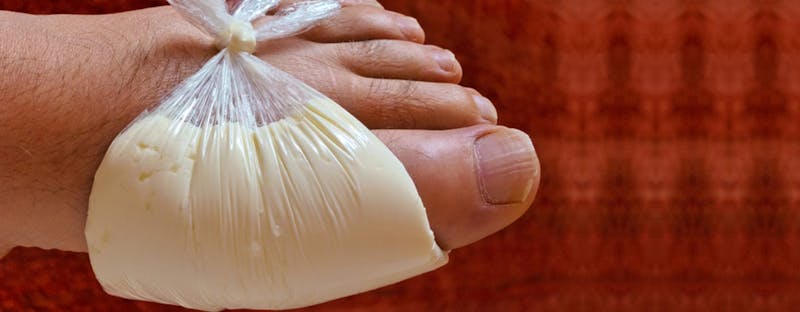Schedule a Consultation
Contact Us


If you or a loved one has experienced gout, then you are familiar with this debilitating pain. Gout can hinder individuals from completing even the simplest physical tasks and can be a burden on your diet.
Gout is a complex type of arthritis that occurs when uric acid builds up in the joints. It generally affects the lower portion of the body. Being familiar with the symptoms and treatment options can help you to understand the condition and even help you to prevent the experience of gout attacks.
What are the symptoms of gout?
There are many symptoms that can be associated with gout, but most mimic daily annoyances and can often go unnoticed. The most common symptom of a gout attack is a sudden, sharp stabbing pain in the big toe. This pain can also present itself in the ankle, calf muscle, or almost any other area of the lower body. Your doctor can perform blood tests that monitor uric acid in order to determine whether gout is responsible for the pain or if it could be caused by something else.
How is gout treated?
There are several different options for managing gout, and your doctor will choose one based on how you are suffering. Over the counter pain medications (not aspirin, which can make the symptoms worse) can help to manage the pain. Prescribed medications can also help to bring relief from gout attacks. Gout attacks can be managed with regular medication that controls the amount of uric acid in your blood. Icing the affected area can relieve inflammation. In some cases, your doctor might use a method called aspiration, which draws out fluid from your body, in order to relieve swelling.
However, the best way to treat gout is through active prevention. You can try to avoid gout attacks by steering clear of foods that cause uric acid to build up in your joints, such as seafood, gravy, and beer. Your doctor can help you to determine other lifestyle changes that can help you manage gout.
While you may not be aware that it is attacking your body, gout can be silently present. The crystals could be forming in your joints at any time. If you have a history of gout, you can make sure that you do not have episodes by making the lifestyle changes that your doctor recommends.